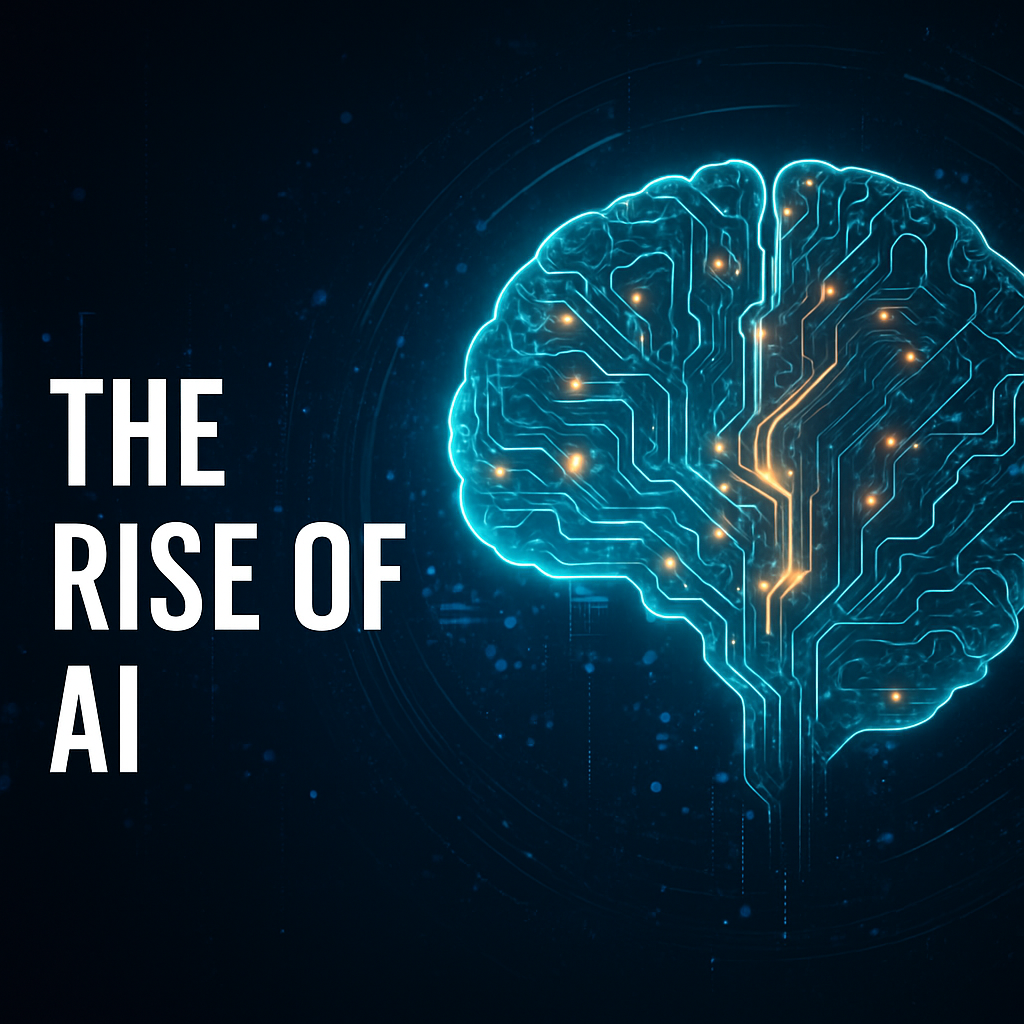Introduction
Artificial Intelligence (AI) is rapidly transforming the modern world. By 2025, AI will no longer be a futuristic concept — it will be a fully integrated part of our daily lives, driving innovations in industries like healthcare, education, business, and entertainment. The global AI market, valued at over $136 billion in 2023, is projected to exceed $500 billion by 2030, showing the massive growth potential of this technology. In this blog, we’ll explore the key AI trends for 2025, how AI will impact industries, and what the next decade may look like.
Key AI Trends Shaping 2025
1. **Generative AI Evolution**: AI models like GPT-5 and MidJourney will become more creative, generating realistic images, human-like text, and even full-fledged videos with minimal human input.
2. **AI Agents and Autonomous Systems**: Businesses will rely heavily on AI agents for customer service, scheduling, and workflow management.
3. **Healthcare AI Revolution**: AI-driven diagnostic tools will predict diseases early, personalize treatments, and speed up drug discovery.
4. **Ethical and Transparent AI**: As AI becomes mainstream, there will be stricter regulations to ensure fair, unbiased, and transparent AI systems.
5. **AI in Education**: Smart AI tutors will provide personalized learning experiences and help bridge global education gaps.
6. **AI and Sustainability**: AI will play a big role in optimizing energy consumption, reducing waste, and combating climate change.
Real-World AI Applications by 2025
– Healthcare: AI will assist doctors in surgeries, patient monitoring, and early cancer detection.
– Finance: AI algorithms will manage stock trading, detect fraud, and create personalized investment portfolios.
– Transportation: Self-driving cars, AI-assisted traffic systems, and drone deliveries will be common in many countries.
– Entertainment: AI-generated movies, video games, and music will blur the line between human and machine creativity.
– Business: AI-powered chatbots and virtual assistants will replace repetitive tasks, allowing employees to focus on strategic work.
The Next Decade of AI (2025-2035)
The 2030s may bring Artificial General Intelligence (AGI) — machines capable of reasoning and learning like humans. While this could solve many global challenges, it also raises serious ethical questions, such as job displacement and data privacy. Businesses and governments must work together to create a balance between innovation and ethical AI usage.
Conclusion
AI is no longer optional; it’s the future. By embracing AI responsibly, we can create smarter, safer, and more sustainable societies. The key is preparation — adapting to technological changes before they disrupt industries.


